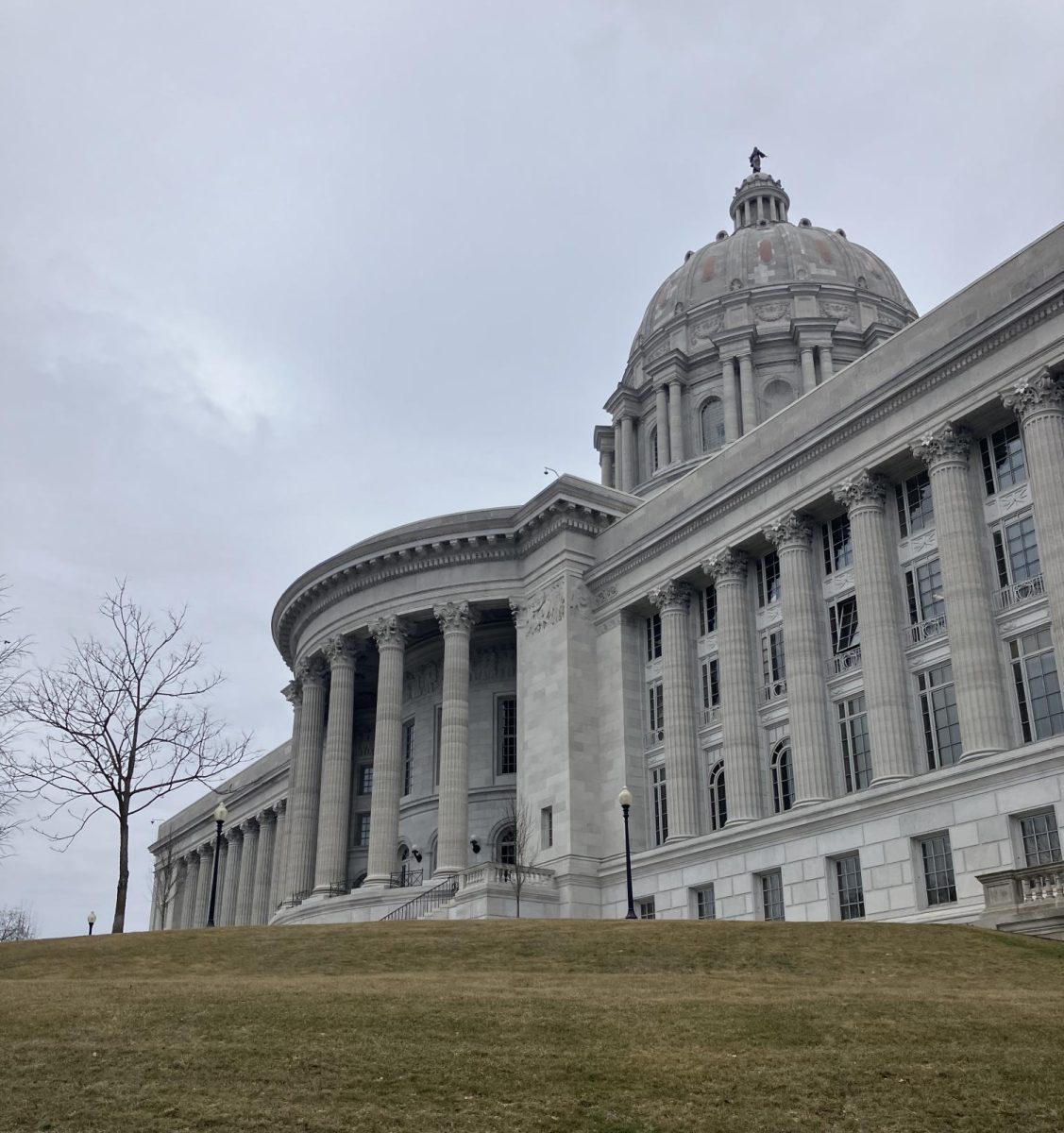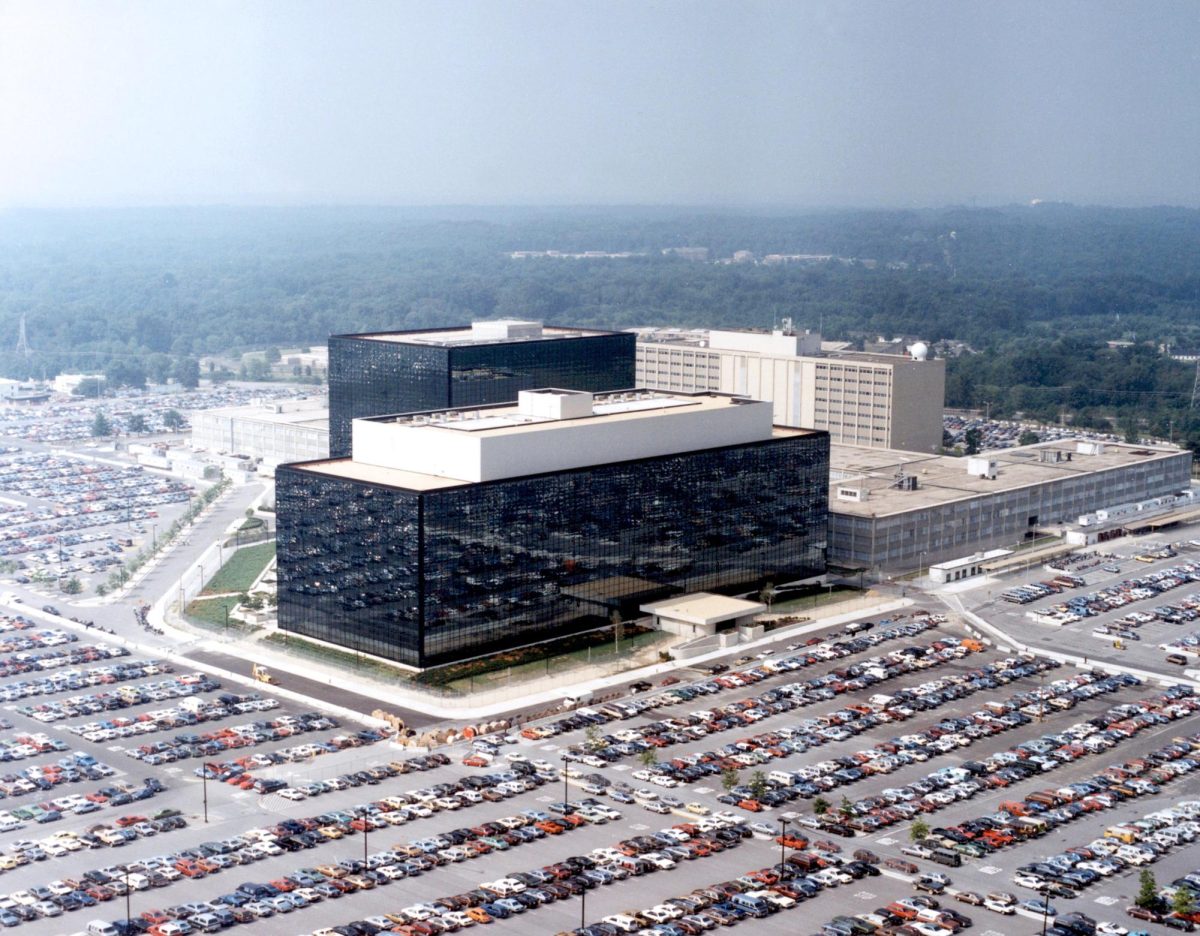College application season has once again begun, bringing with it the yearly wave of inevitable stress on students, parents and even teachers. Everyone wants an acceptance letter from their dream school. College applications and admissions bring out the competitive side in everyone, explaining the incessant debate over issues like affirmative action, legacy admission and athletic scholarships. Legacy admissions, while seen as remnants of our nation’s prejudiced past, actually affect the admissions process minimally and do not create unfair advantages.
The first argument against legacy admissions always centers around the fact that colleges only participate so that they get money from alumni. And why shouldn’t they? The fact is, tuition covers many costs, but not all of them.
For example, one of the reasons colleges like Harvard and Princeton are so special is their ability to attract top professors. If schools can’t pay for perks like experts in their field and noteworthy speakers for their students, they lose the very aspects that make them someone’s “dream school”.
Money from alumni donations also goes to crucial expenses like financial aid packages. Students needing financial aid are not usually thought of as beneficiaries of legacy admissions, but their aid packages come from alumni donations, which tend to increase with the enrollment of their children.
Many believe the misconception that if their parents or grandparents went to Harvard, they can get in with lower grades and test scores. The process does not admit students who have no place attending a university; rather, it can tip the scale in favor of one applicant when the decision comes down to two equally-qualified candidates for a position at the school. When two people have almost identical records and activities, it is perfectly reasonable to use legacy as a deciding factor for who gets in and who does not.
Legacy admissions often work as a deciding factor but not an automatic “in.” These legacy admissions affect such a negligible number of applicants, despite popular beliefs that all legacy applicants automatically get accepted. Few people who attend schools with legacy admissions are actually legacies. Legacies break ties, but they don’t magically get one in. After all, Ivy League universities want to keep their admissions statistics high so they remain on top.
Another large misconception in which legacy admission is concerned has to do with race. Many people see legacies as a way to keep Ivy Leagues as the same white, male-dominated institutions of the olden days. Because of changing times, however, legacy admission actually reinforces diversity in top schools. Colleges began increasing their acceptance of minorities in the 20th century, and now the children of these alumni are applying as legacies. Because alumni are becoming increasingly multicultural, so are their legacy children.
Legacy admissions have a major impact on school spirit. Legacies have a certain loyalty to the school and sense of community that can only come from 18 years of exposure to it. Parents tell their children stories, take them to games and allow them to participate in other aspects of the school. Because of this connection, legacy applicants feel even more engrained than other students in a particular school’s culture and atmosphere. Legacies arrive with traditions, a sense of belonging and a desire to continue the family legacy in a positive manner.
Legacy students benefit colleges and other applicants by increasing alumni donations that go toward scholarships, professors and speakers. While the system may at times seem antiquated and unfair, it provides a sense of community and spirit that may not otherwise be present.







